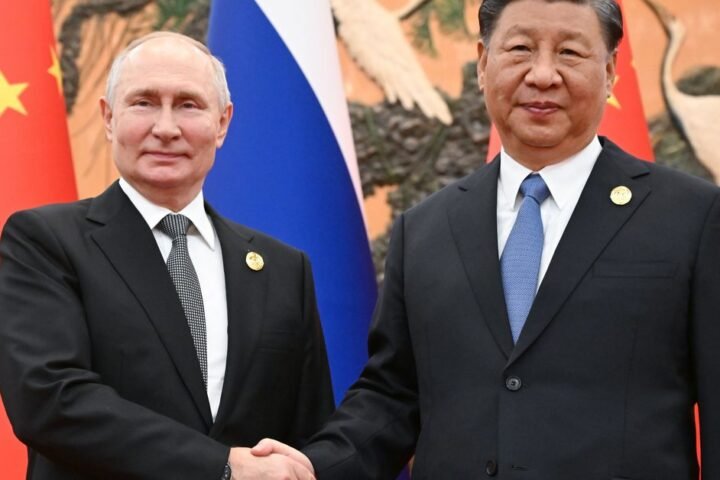Poland’s public finances have significantly benefited from the presence of Ukrainian refugees, with total revenues increasing by 111 billion zlotys ($27 billion) over the past three years, according to a joint report by the UN Refugee Agency and Deloitte. The analysis shows that Ukrainian workers, entrepreneurs and consumers have become a driving force in the Polish economy, generating substantial tax revenues and stimulating domestic demand.
Growth in state revenues and fiscal impact
The report highlights that Ukrainian refugees contributed to a rise in state budget income by 2.0% in 2022, 2.75% in 2023 and 2.94% in 2024. In absolute terms, this amounted to 25.0 billion zlotys, 39.1 billion zlotys and 47.0 billion zlotys, respectively. Much of this effect comes from income taxation and consumer spending, amplified by inflows of foreign capital such as savings transferred from Ukrainian banks. Long-term projections suggest refugees could raise annual public revenues by around 2.7%.
While the initial influx of refugees required significant spending, including 7.56 billion zlotys in social benefits and more than 9 billion zlotys for healthcare, education and other services between 2022 and 2024, their economic activity has offset these costs. In the same period, Ukrainians paid 51.3 billion zlotys in taxes and social contributions, based on official Polish government data.
Contributions to GDP and economic growth
Beyond fiscal revenues, the impact on Poland’s economy has been marked. Ukrainian refugees drove an additional 1.5% growth in real GDP in 2022, which rose to 2.3% in 2023 and 2.7% in 2024. This translated into an extra 98.7 billion zlotys of GDP in 2024. As refugees continue to integrate and acquire country-specific skills, their economic contribution is expected to expand further, potentially reaching 3.2% of GDP by 2030.
The report underscores that refugees are not only filling gaps in the labor market but also contributing as business owners and consumers, creating added production and demand. “Ultimately, Ukrainian refugees generate additional output and demand. This leads to an increase in real GDP, which is particularly beneficial for public finances,” the report states.
Poland’s support and broader context
According to the Ukraine Support Tracker from the Kiel Institute for the World Economy, Poland has also provided military, humanitarian and financial assistance to Ukraine worth €5.134 billion (around 22 billion zlotys) over more than three years. Despite these expenditures, the net economic effect of refugee inflows has been positive, reinforcing both growth and fiscal stability.
The findings highlight a dual dynamic: while Poland shouldered significant upfront costs to accommodate refugees, their integration into the labor market and economy has produced substantial long-term benefits, strengthening both public finances and national output.










